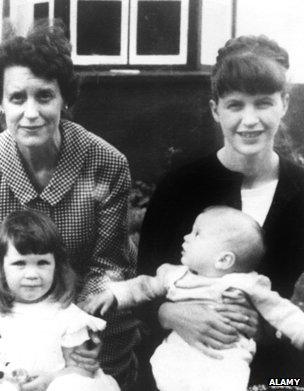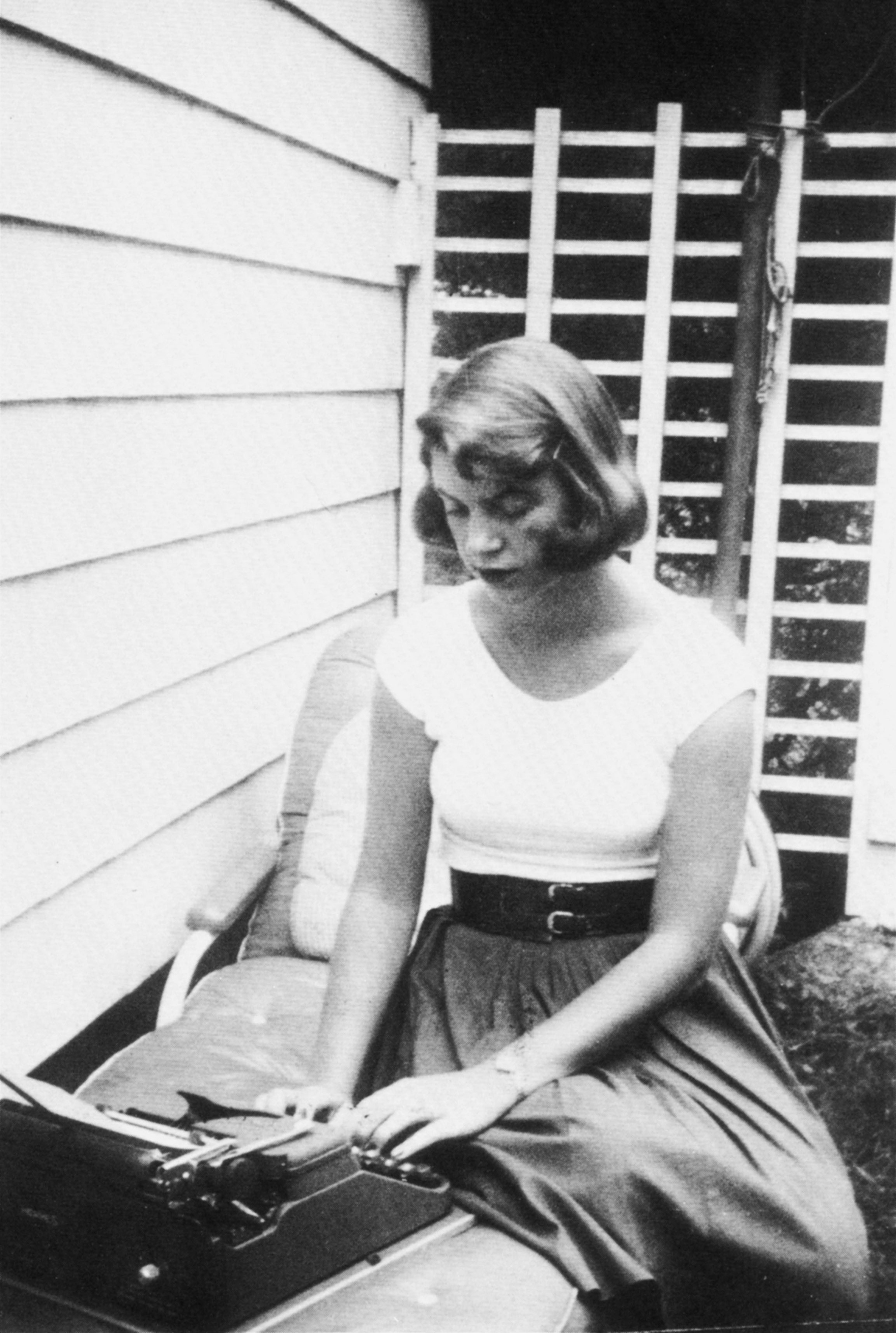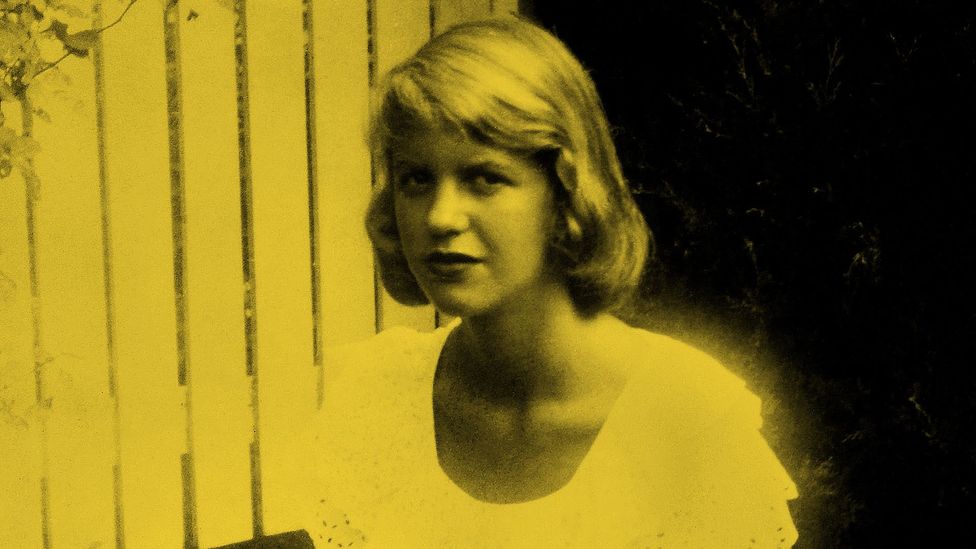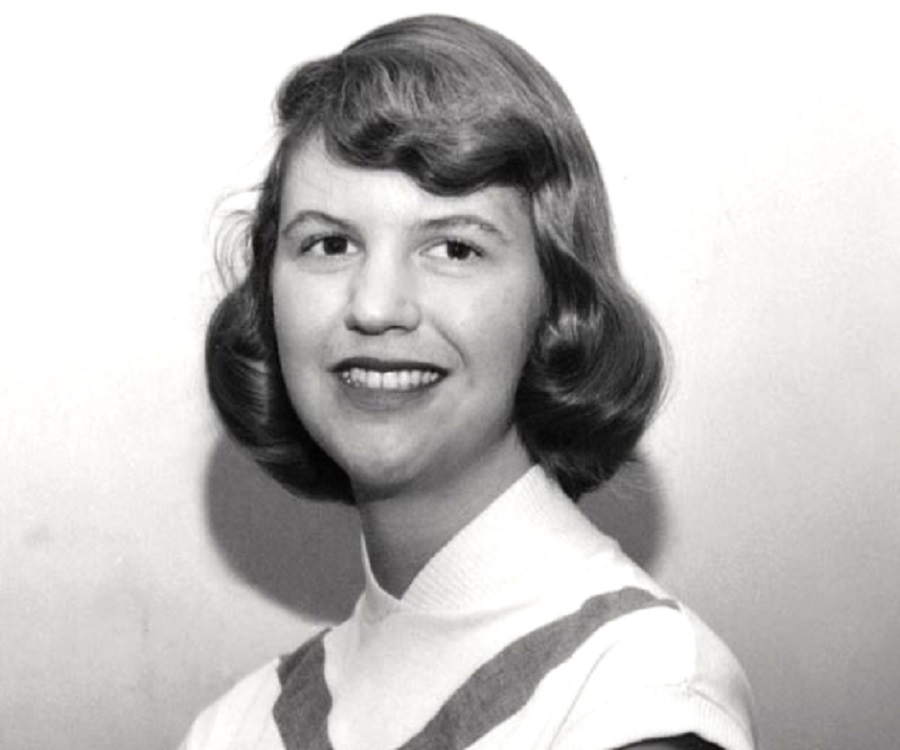Sylvia Plath was a talented and influential poet, novelist, and short story writer who was born in Boston, Massachusetts on October 27, 1932. She was the oldest child of Otto Plath and Aurelia Schober, who had immigrated to the United States from Germany and Austria, respectively. Plath's father, a professor of biology, died when she was eight years old, leaving her mother to raise Plath and her younger brother, Warren, on her own.
Plath was a brilliant and ambitious student who excelled academically and was involved in numerous extracurricular activities. She was a member of the National Honor Society and the debate team, and she also participated in theater and sports. Despite her successes, Plath struggled with depression and anxiety throughout her life. These struggles were exacerbated by the death of her father, as well as the pressure to succeed that she felt from both herself and those around her.
After graduating from high school, Plath attended Smith College, where she studied English and excelled academically. She was awarded a scholarship to Cambridge University in England, where she earned a degree in English literature. While at Cambridge, Plath met and fell in love with Ted Hughes, a fellow poet and writer who would later become her husband.
Plath's writing career began to take off in the 1950s, and she published her first poem, "The Colossus," in The New Yorker in 1960. She also published her first book of poetry, The Colossus and Other Poems, that same year. In addition to her poetry, Plath also wrote fiction, including the novel The Bell Jar, which was published under a pseudonym in 1963. The novel, which is semi-autobiographical, follows the story of a young woman named Esther Greenwood who struggles with mental illness and ultimately attempts suicide.
Plath's marriage to Hughes was tumultuous, and the couple separated in 1962. Plath's mental health continued to deteriorate, and on February 11, 1963, she committed suicide by inhaling gas from the oven in her London apartment. She was just 30 years old.
Plath's work, particularly her poetry, has been widely praised for its honesty, intensity, and ability to capture the essence of the human experience. She is considered a pioneer of the "confessional" style of poetry, which focuses on personal experiences and emotions. Despite her relatively short career, Plath's work has had a lasting impact on literature and continues to be widely read and studied today.








